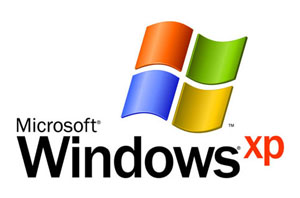
Although Windows users have given Windows 7 a much warmer reception than its predecessor Windows Vista, users of older application software that doesn’t work under Windows 7 were left in a bit of a lurch. Sure, Windows 7 Professional, Enterprise, and Ultimate offers an XP Mode that essentially runs a virtual computer running Windows XP so users can still tap into most older, non-updated software. The problem was that Windows 7’s XP Mode required a PC processor that supported hardware virtualization, and that capability had to be enabled in the machine’s BIOS—and that’s not something an everyday Windows user knows how to do. Now, Microsoft has eased some of that pain, announcing a new version of XP Mode that no longer requires hardware virtualization to run.
“This change simplifies the experience by making virtualization more accessible to many more PCs for small and midsize businesses wanting to migrate to Windows 7 Professional or higher editions, while still running Windows XP-based productivity applications,” Microsoft said in a statement.
Windows 7 users who are already using XP Mode don’t need to download the update; however, folks who don’t have (or can’t enable) hardware virtualization can download a new version from Microsoft’s Web site.
Microsoft did not offer any information on how running XP Mode without hardware virtualization would impact PC performance.
Microsoft is hoping the easing of XP Mode requirements will encourage more businesses to adopt Windows 7 over Windows XP as their mainstream OS.
Editors' Recommendations
- Windows 11 might nag you about AI requirements soon
- How to disable VBS in Windows 11 to improve gaming
- How to set up Windows 11 without a Microsoft account
- Microsoft announces a new threat to push people to Windows 11
- How to download Windows 10 for free


